Links to Remember
Pre–Departure Planning
In this section, you will find useful information on how to select a travel provider, decide which guidebook is right for you, learn how to listen to your favorite home radio station, and find out what documents are necessary for studying in the United States. Before you buy anything, research your choices, select a travel provider, and find out what documents are necessary for studying in the United States.
1. Where to Buy
 Travelers have numerous options when it comes to purchasing tickets. Travel agents are a traditional option, but several student-oriented travel agencies can offer discount fairs. Other young adults, who have recently studied abroad themselves, often staff these student agencies. Therefore, they can be more knowledgeable about travel abroad. Many student agencies offer special student or youth travel discounts. Some discounts may be valid for a full year-an extended time limit that most regular travel agencies do not offer.
Travelers have numerous options when it comes to purchasing tickets. Travel agents are a traditional option, but several student-oriented travel agencies can offer discount fairs. Other young adults, who have recently studied abroad themselves, often staff these student agencies. Therefore, they can be more knowledgeable about travel abroad. Many student agencies offer special student or youth travel discounts. Some discounts may be valid for a full year-an extended time limit that most regular travel agencies do not offer.
Student travel agencies may be the most discount-oriented. Checking with several of them may help you to establish a base price, or sometimes you may even get a reasonable fare. If you are extremely flexible, many airlines offer last minute airfare deals that can even be cheaper than student tickets.
Buying online is yet another option. Most sites post new discount offers three times a day. Some also offer the possibility of bidding for tickets at your own specified price. If your bid is accepted, you could end up flying for a very low price. However, be careful of restrictions on making an offer on (like not being able to back out of the deal once your bid has been accepted, and not being given a choice of airlines or flight times).
When you have decided where to purchase your airplane ticket, many travel experts recommend paying with a credit card. Several credit card companies offer insurance on purchases; should your tickets be lost or stolen, or you flight cancelled, you will not lose all your money. Check with your credit card company to determine what conditions of protection apply.
2. Travel Documents
Proper documentation and identification is required for entry to the United States and for re-entry into your home country. The United States has its own special requirements for entry based on your citizenship, purpose of visit and length of stay. International students usually hold J-1, F-1 or M-1 visa for their purpose of study. Find out which requirements fit your situation, and plan in advance; getting documents from embassies or consulates can take from one hour up to three months.
-
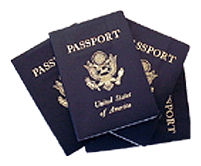 Passport: A passport is a document from your home country that proves your citizenship. You need a current passport that is valid beyond the time your program ends. You may need to allow more at least six weeks to receive a passport. It may take even longer for citizens of some countries to obtain a passport.
Passport: A passport is a document from your home country that proves your citizenship. You need a current passport that is valid beyond the time your program ends. You may need to allow more at least six weeks to receive a passport. It may take even longer for citizens of some countries to obtain a passport. -
Visa: A visa is a required document, provided by the U.S., which confirms your true status as an international student. The cost for applying for an F-1 student visa is $100. In most cases, the university or program you apply to will send you information about the steps you should take to get a visa. Your chosen program, college or university should send you a special form called an I-20. This form is not a visa; it is a visa application. You will need your visa, your passport, and your I-20 to enter the United States. Important Note: You can only apply for a visa after you are accepted to study at a specific institution. And if more than one university or program accepts you, you must choose one before seeking a visa. You will also be required to present a health form or letter of good health (proof that you are free from certain diseases, etc.) to obtain a visa. And this means you must show proof of having received certain vaccinations.
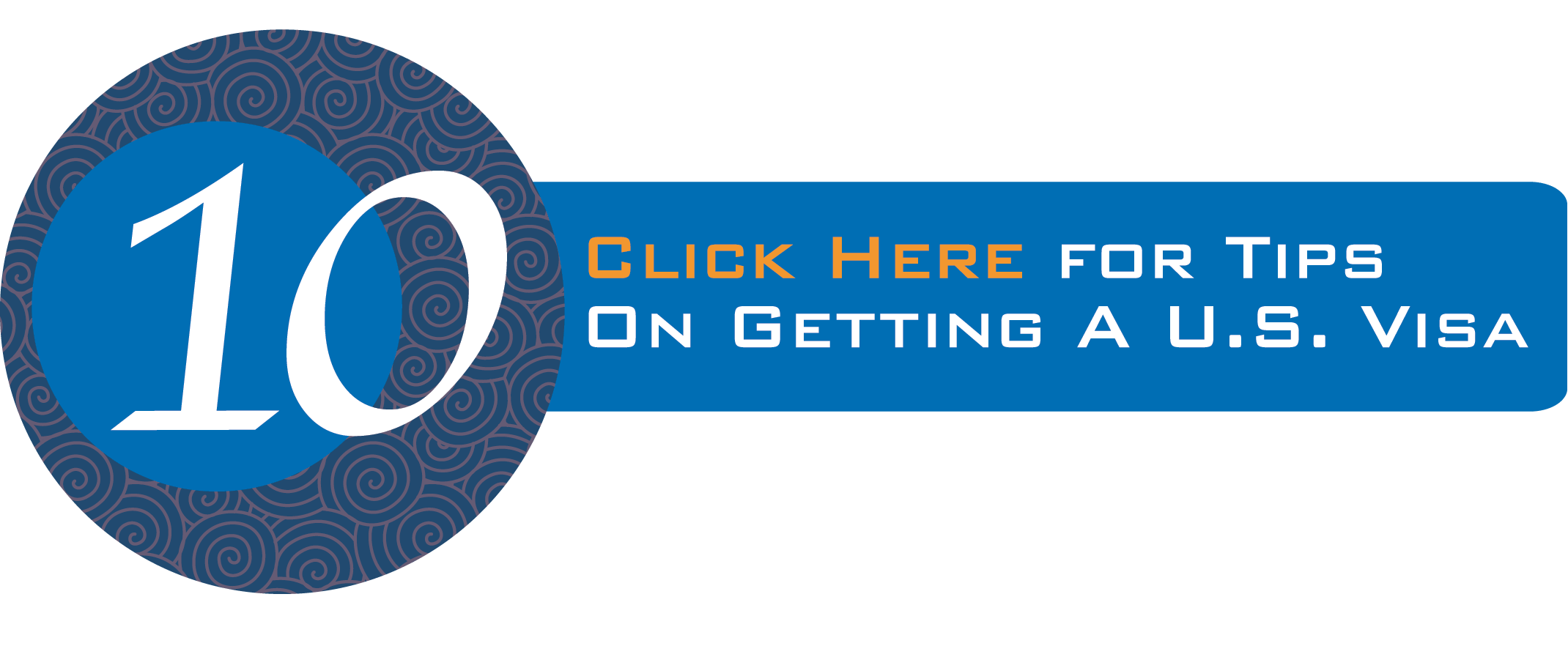
-
Maintaining Student Status: In order to remain legally in the United states, you must fulfill all of the following requirements: (1) You must remain enrolled full-time at the institution in which you are studying; (2) You must hold a valid I-20; (3) You must have a passport that is valid for at least six months after your program is over; and, (4) if you work, it must be on campus and you cannot work over 20 hours a week. The international student advisor will have the necessary information for the extension on your visa.
-
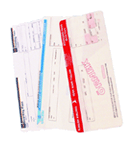 Tickets: As most international students will fly into the United States, your plane ticket will serve as your primary travel document. For others, a train or bus ticket may suffice. Some visas will require you to show that you have a return or ongoing flight scheduled within the specific time for your visa.
Tickets: As most international students will fly into the United States, your plane ticket will serve as your primary travel document. For others, a train or bus ticket may suffice. Some visas will require you to show that you have a return or ongoing flight scheduled within the specific time for your visa. -
Proof of Sufficient Funds: Your visa will require proof you can care for yourself while outside of your home country. You will be asked to provide a bank statement with your current balance to show that you have enough money to pay for your needs while in the United States without having to ask the country to provide you with money.
-
Letter of Acceptance: You will also be required to show an official letter of acceptance or invitation to study in the United States.
-
Proof of Insurance: International students are required to have insurance while they are completing their studies in the U.S. If you do not have insurance from your home country, often universities automatically include the insurance cost within your tuition and fees. If you are unsure, check with the university.
-
Copies of Travel Documents: Along with your originals, bring a copy of all travel documents and leave copies of your travel documents with contacts at home. Remember to keep copies in a safe place, separate from where you keep your original documents.
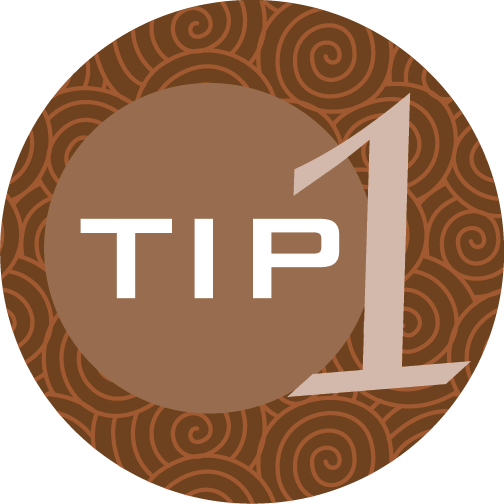 If you are planning on carrying cash with you, you may want to transfer the money into traveling checks. It is a safer way of carrying the money and you can cash those once you arrive in the U.S.
If you are planning on carrying cash with you, you may want to transfer the money into traveling checks. It is a safer way of carrying the money and you can cash those once you arrive in the U.S.3. Airport Safety and Security
- Showing Identification: Try to always have your passport easily accessible, yet protect it against theft. Be prepared to show your passport when presenting your airline tickets/receiving boarding passes, entering departure gates, going through passport control, when boarding flights, etc.
- Accepting Things from Others: Under no circumstances, should you ever take anything from, or hold anything for, anyone who asks you to do so. If anyone does ask you, simply say "no" and walk away. Don't be afraid to say "no" to family and friends. You need to think about the potential consequences before you hold anything for anyone.
- Watching Your Bags: Your bags should be in your sight at the airport up to the point when you check them at the airline counter. Once you have picked up your bags from baggage claim, and are on your way to customs, be sure to keep a close eye on your entire luggage so that no one but you has access to it.
- Random Baggage Searches: All carry-on luggage and checked baggage will be x-rayed. If you are stopped and asked to open your luggage, cooperate with the customs officials. Customs officials often conduct random baggage searches; just because your luggage gets searched, it doesn't mean you have done something wrong. Although searches apply to everyone in an airport, those who are not U.S. citizens are more likely to be searched.
- Body Searches: Airport security officials may conduct random body searches using an electronic device they wave over you. Make sure to remove any metal items (belt, wallet, watch, jewelry, etc,) In some cases, a security official of the same gender as you may conduct a body search using their hands, and/or ask you to remove your shoes for inspection. Again, both U.S. and non-U.S. citizens can be searched.
- Distractions: Airports are full of people carrying cash, travelers' checks, credit cards, passports and other valuable documents. Therefore, airports tend to be active places for thieves. While your attention is focused on checking in, boarding, getting your bags, finding a restroom, etc., you can become an easy target for theft. Be alert to anyone who suspiciously tries to distract you by asking directions, knocking over your coffee, reaching under a bathroom stall, etc.
Duties and Customs Declarations
Customs control regulations may affect what you can and cannot bring in and out of your home country. Following the events of September 1, 2001, U.S. airport and customs security has become much stricter, leading to long waits prior to boarding your plane, body searches, a necessary early arrival time and questions from officials in both countries. Remember to be patient and be honest when answering all officials' questions. The following information from the U.S. Department of State discusses border issues in more depth. For more complete information on border and Environmental Affairs between the United States and your home country, please visit the U.S. Customs and Border Protections Agency.
- Clearing Customs: Follow the directions given to you by flight attendants and your program for the process of clearing customs.
- Declaration Forms: In most cases, you will be given a card to fill out that will require your passport information, items you are bringing into the United States, and the cost of these items.
- Taxes: If the total cost of the goods or purchases you are bringing into the United States exceeds a certain amount, you will be asked to pay a tax on all items over the allotted amount.
- Items You Cannot Bring Into the United States: The following is a general list of items that cannot be brought into the U.S.:
- Plants, animals (especially those on endangered species lists), and all live birds, unless you have a valid certificate or license from the U.S. Centers for Disease Control and Prevention (CDC).
- Drugs - even if a drug is legal in other countries, it may not be legal to bring it into the United States. If you are carrying prescription drugs, it is important to have your prescription with you for proof.
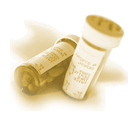
- Firearms, knives, explosives, and gas canisters.
- Items You Can Bring Into the United States: There are limits on bringing in substances that are not illegal, such as alcohol or tobacco. Check with customs for updates on these legal quantities. Even if a minor can purchase alcohol and tobacco in other countries, he or she cannot bring these substances into the United States. In the United States, you must be 18 years old to buy/use tobacco products and 21 years old to buy/use alcohol.
- Smuggling: What may be legal in other countries may not be legal in the United States, and vice versa. Smuggling can be a federal offense leading to fines or imprisonment
4. Relevant Questions
- Where do you get a visa if needed and a passport?
- What other documents are required in the United States in order to be issued a visa (a bank statement, letter of invitation, police record, proof of insurance, etc...)?
- What should you do if you lose your passport or visa while in the United States?
- Have you inquired about getting an International Student Identification card (ISIC card)?
- What do you have to do to vote in U.S. elections (primary, run–off, special and general) while you are in the United States?
- Have you set up power of attorney to make decisions on your behalf back home if you are unable to?
5. Checklist
- I have compared ticket prices offered by travel agents, student agencies and websites.
- I have a valid passport and visa.
- I know whether or not my program requires me to show proof of insurance, provide a doctor's letter or confirmation of sufficient funds.
- I have made multiple copies of all important travel documents.
- I have registered to obtain absentee ballots so I can vote in U.S. elections while in the country of your choice.
- I have set up power of attorney.
- I have established how I'm going to pay my outstanding U.S. bills while in the country of your choice.
6. Resources
- AllAbroad.us – Insurance: Mentors answer the question about seeking additional health insurance when abroad.
- AllAbroad.us Racism and Gender: Mentors answer questions about discrimination students may face abroad and how to cope with these issues.
- AllAbroad.us – Travel Documents: Mentors answer questions about travel documents needed before going abroad.
- AllAbroad.us Vaccinations: Mentors answer the question about getting vaccination before traveling abroad.
- CDC Vaccination Information From the National Center for Infectious Diseases, critical information on what vaccinations are necessary or suggested before traveling to certain countries.
- GlobalScholar.us: Go to Course 1, Module 2, Task 5, "Required Documents" to find out more about your passport, visas, and how to research the host country's document requirements.
- GlobalScholar.us: Go to Course 1, Module 4, Task 5 "Discrimination Overseas" to learn about coping with stereotypes, discrimination, and the challenges of diversity overseas.
- Passport Services and Information Extensive information on passports, passport services, restrictions, fees, where to apply for a passport, etc.
- Screening for Mental Health, Inc. Provides resources for nationwide mental health screening programs and to support cooperation, professionalism, and accountability in mental illness screenings.
- StudyAbroad.com Handbook: Insurance Brief three point guideline for obtaining appropriate health insurance.
- Travel Document Systems More detailed information about entry requirements.
- U.S. Customs Information all travelers should know before they enter or leave the U.S.
- Voicing Concern About Discrimination Abroad SAFETI Online Newsletter article by Christa Sanders, CoFounder of Voices of Change, gives a countryspecific example of discrimination encountered abroad.




 United States
United States


